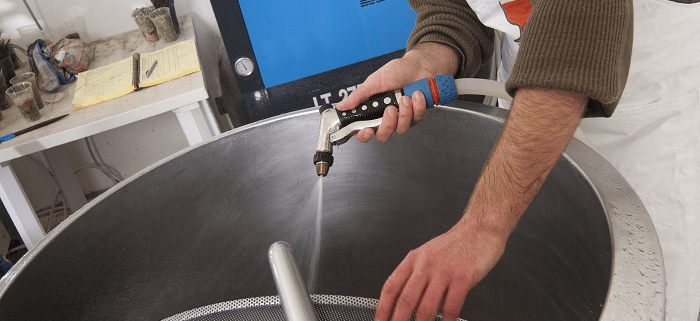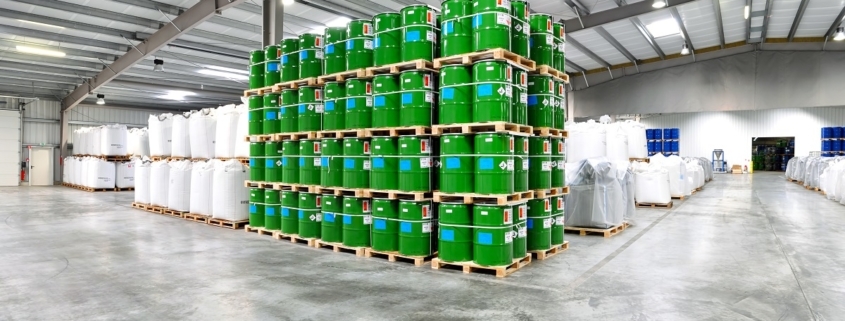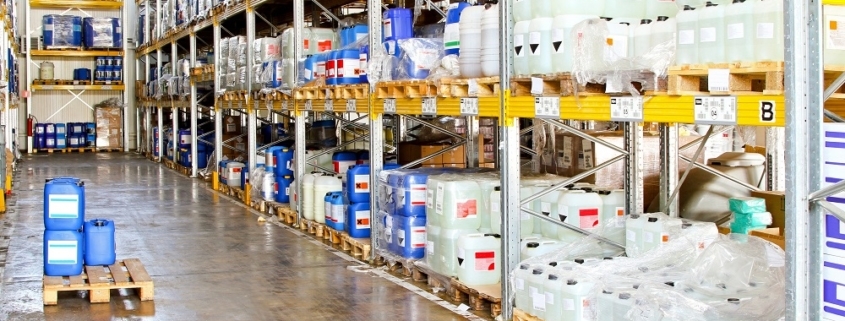Acetone Manufacturers: 6 Factors That Separate One From Another
Acetone is one of the oldest and most popular solvents for removing many types of accumulations. This is why there are hundreds of industrial acetone manufacturers to choose from in the U.S. alone. How do you know which manufacturer is best positioned to serve you? Below, we help answer the question by listing six things that distinguish one acetone manufacturer from another.
1. Product Selection
Do you need a cleaner with acetone as the only active ingredient, or do you require an acetone solvent that contains other active chemicals? You can often find both types of products from the same manufacturer, but not always. Some companies only offer acetone, while others only supply acetone blends.
2. Custom Formulation
If you’ve ever shopped for a solvent and couldn’t find a stock solution that met your needs, then you know the importance of using a manufacturer of custom solvents. Most acetone manufacturers that offer custom formulations also have plenty of stock products to choose from, offering you the best of both worlds.
3. Eco Friendliness
Acetone is an organic compound that’s considered non-toxic, non-mutagenic, and non-carcinogenic. However, when you mix it with other chemicals, you can lose the safety profile of pure acetone. If you need a chemical blend, it’s best to shop at acetone manufacturers that specialize in environmentally preferred solvents, whose ingredients aren’t regulated or scheduled for regulation by the Environmental Protection Agency (EPA).
4. Technical Assistance
Acetone manufacturers employ a team of chemists to create products. But this doesn’t necessarily mean you can speak with one of the chemists. Unless you have your own team of chemists or possess a consummate understanding of solvent formulation, it’s best to order from a manufacturer that provides technical assistance for product selection.
5. Free Solvent Samples
It’s part of the scientific method: Before you conclude an acetone solvent is right for your needs, you’d like to see the results firsthand. Manufacturers that provide free test samples let you do this. Regardless of what type of acetone solution you require, it’s always a good idea to try it before you buy it.
6. Supply Volume Options
Some acetone users require acetone solvent in bulk, while others require only a small amount on an as-needed basis. Some manufacturers sell to high-volume buyers, while others offer more flexibility, supplying solvent in bulk, midsize volumes, and small volumes that are ordered as needed. Because supply needs can change, it’s best to go with a supplier that offers this flexibility.
Are All Acetone Manufacturers Equal?
All acetone manufacturers have one thing in common: They sell acetone in one form or another. Beyond this commonality, though, manufacturers of acetone can be quite different from one another, especially regarding product selection, availability of custom solutions, eco friendliness, technical assistance, test samples, and supply volume options.
For help selecting an eco friendly acetone solvent that you can test by requesting a free sample, contact Ecolink today at 800-563-1305, or send us an email through our contact form. We look forward to assisting you!





